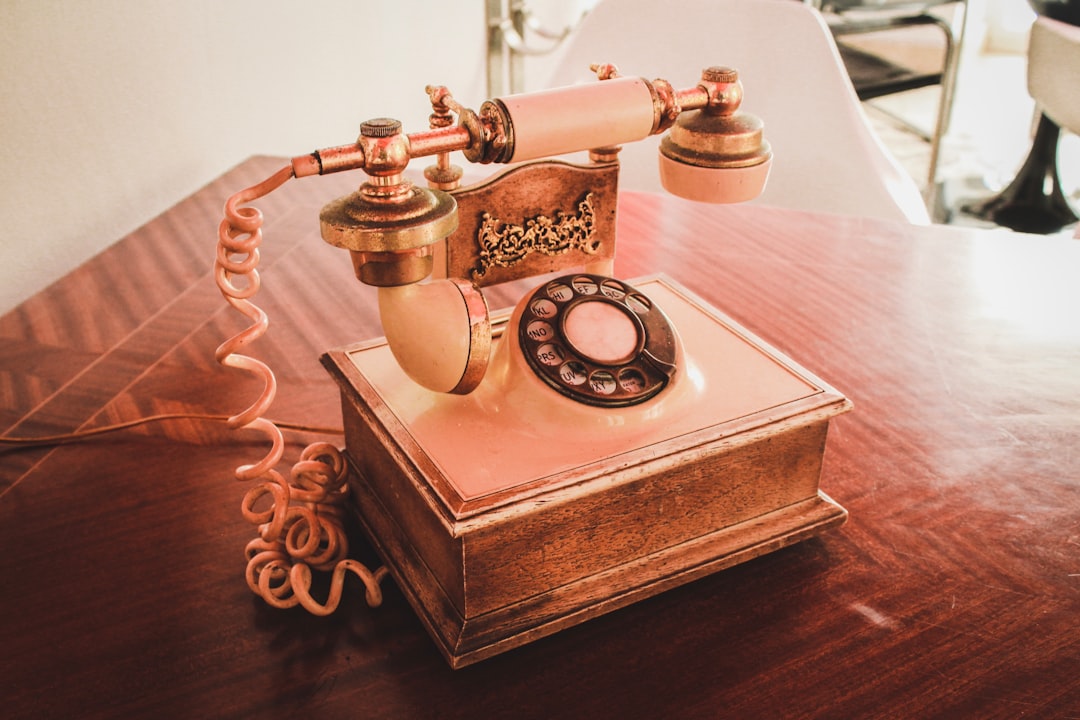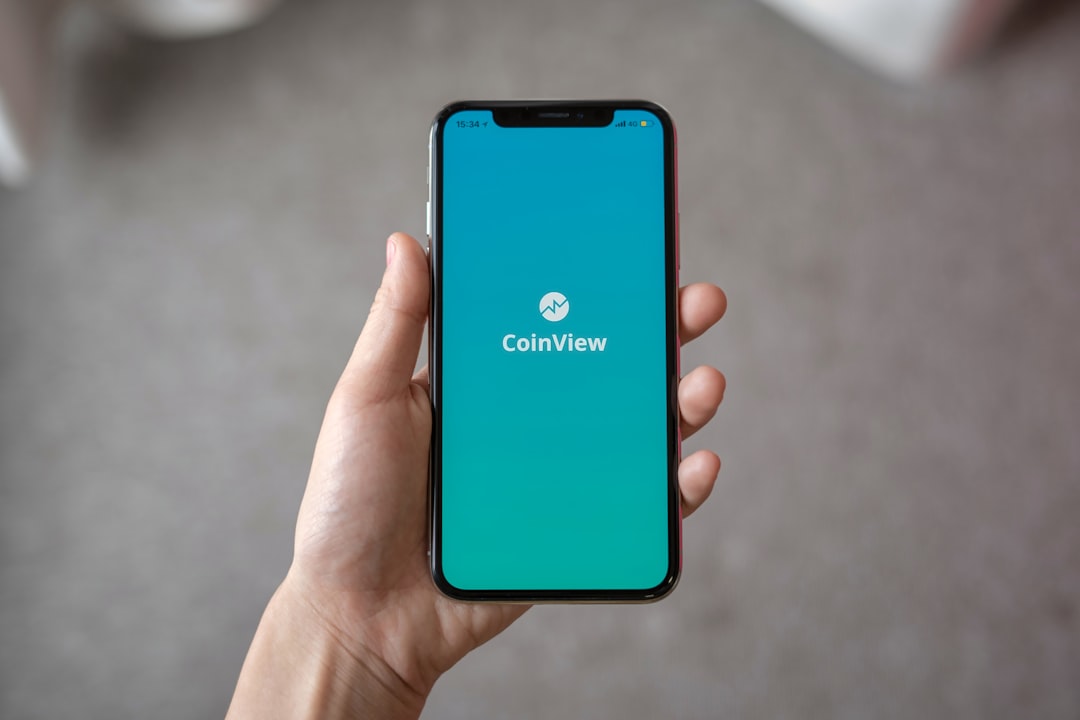In Philadelphia, telemarketing activities are heavily regulated by local, state, and federal laws, especially regarding automated dialing systems (autodialers). Law firms operating in Philadelphia must adhere to strict guidelines, including the Autodialer Law, which restricts prerecorded messages without explicit consent. Non-compliance results in fines and legal issues. The Pennsylvania Department of State regulates telemarketing practices, enforces anti-aggressive sales tactics rules, and provides guidance for autodialer users. The Telephone Consumer Protection Act (TCPA) further mandates prior express consent and specific call handling protocols. Law firms must respect consumer preferences, avoid National Do Not Call Registry numbers, and provide clear opt-out options to protect consumers from unwanted calls. Violations can lead to significant penalties up to $10,000 per day imposed by the Attorney General's Office, emphasizing the importance of compliance for autodialer law firms in Philadelphia.
“Unraveling the legal intricacies of telemarketing in Philadelphia is essential for businesses, especially law firms utilizing autodialers. This comprehensive guide navigates the city’s unique regulatory landscape, focusing on the Telemarketing Regulations and the oversight role of the Pennsylvania Department of State. We explore legal considerations specific to law firms, offering a ‘do’s and don’ts’ checklist for effective yet compliant campaigns. Additionally, we delve into enforcement mechanisms and penalties outlined in Philadelphia’s autodialer law, equipping readers with crucial insights for seamless compliance.”
Telemarketing Regulations in Philadelphia: An Overview

In Philadelphia, telemarketing regulations are governed by a combination of local, state, and federal laws. The city has specific rules for businesses using automated dialing systems, commonly known as autodialers, to contact residents. These regulations aim to protect consumers from unwanted calls and ensure fair business practices. The Autodialer Law in Philadelphia restricts the use of prerecorded messages without prior consent from recipients, especially when initiated by an autodialing system.
Law firms operating in Philadelphia must adhere to these guidelines, particularly when engaging in outbound telemarketing activities. They are prohibited from making calls using autodialers or similar technologies unless they have obtained explicit permission from the caller. Violations of these rules can result in significant fines and legal repercussions. Understanding and complying with these telemarketing regulations is essential for Philadelphia-based law firms to maintain a positive business reputation and avoid legal issues.
The Role of the Pennsylvania Department of State in Telemarketing Compliance

The Pennsylvania Department of State plays a pivotal role in regulating telemarketing practices within the state, including Philadelphia. They are responsible for ensuring compliance with laws designed to protect consumers from aggressive or deceptive sales tactics. The department’s oversight includes monitoring and enforcing regulations related to the use of autodialers, prerecorded messages, and other automated technologies in telemarketing campaigns.
For law firms operating in Philadelphia, adhering to these guidelines is essential. The Department of State offers resources and guidance to help businesses understand their obligations, including those specific to using autodialer systems. This ensures that marketing efforts remain legal, ethical, and respectful of consumer rights, fostering a fair and transparent business environment for all participants in the telemarketing sector.
Legal Considerations for Law Firms Using Autodialers

In Philadelphia, as in many jurisdictions, the use of autodialers for telemarketing by law firms is subject to stringent legal regulations aimed at protecting consumers from unwanted and intrusive calls. The Telephone Consumer Protection Act (TCPA) serves as a cornerstone of these regulations, dictating that automated dialing systems can only be used with prior express consent from recipients. This means law firms employing autodialers must ensure they have the necessary permissions, or face significant penalties, including monetary fines and class-action lawsuits.
Philadelphia’s Consumer Protection Law further complicates matters by imposing additional restrictions on telemarketing practices. Law firms using autodialers must adhere to specific guidelines regarding call timing, content, and frequency. They are prohibited from making calls before 7:00 a.m. or after 9:00 p.m., unless the recipient provides explicit consent for such late-hour contact. Moreover, the city’s law requires clear and conspicuous opt-out mechanisms in all marketing communications, allowing consumers to easily revoke their consent.
Do's and Don'ts of Telemarketing Campaigns in Philadelphia

In Philadelphia, telemarketing campaigns are governed by a robust legal framework designed to protect consumers from aggressive or misleading sales tactics. Before launching any campaign, it’s crucial for law firms to understand and adhere to both local and state regulations. One key aspect is respecting consumer preferences regarding automated dialing systems, often referred to as autodialers. According to the Telephone Consumer Protection Act (TCPA), businesses must obtain prior express consent from recipients before using an autodialer to make telemarketing calls. This means clearly articulating opt-out options during initial interactions and honoring requests to stop calling promptly.
Do’s include securing explicit consent, providing a clear way for consumers to opt out, and maintaining detailed records of consumer preferences. Don’ts encompass making calls to numbers on the National Do Not Call Registry, ignoring or failing to respond to opt-out requests, and using automated messages without a human agent available for questions. Law firms in Philadelphia should also ensure their telemarketing campaigns are truthful, avoiding misleading statements about the nature of the call, product features, or potential consequences of non-purchase. Transparency builds trust with consumers, enhancing the campaign’s effectiveness while remaining within legal boundaries.
Enforcement and Penalties: What to Expect if Outlined in the Autodialer Law

In Philadelphia, the enforcement of the Autodialer Law is handled by the Attorney General’s Office, which has established strict guidelines for telemarketing practices. If a law firm or telemarketer violates these rules, they can expect significant penalties. Fines can reach up to $10,000 per day for each violation, and in cases of willful or reckless disregard for the law, criminal charges may be pressed. These strict measures aim to protect consumers from unwanted calls and ensure compliance with privacy regulations.
The Autodialer Law prohibits automated telephone dialing systems from making calls without a live person’s consent, often referred to as “do not call” lists. Violations include using autodialers to leave prerecorded messages or making calls to numbers listed on the National Do Not Call Registry. Consumers who experience such violations can file complaints with the Attorney General’s Office, which investigates and takes appropriate legal action against offending law firms and telemarketers.






